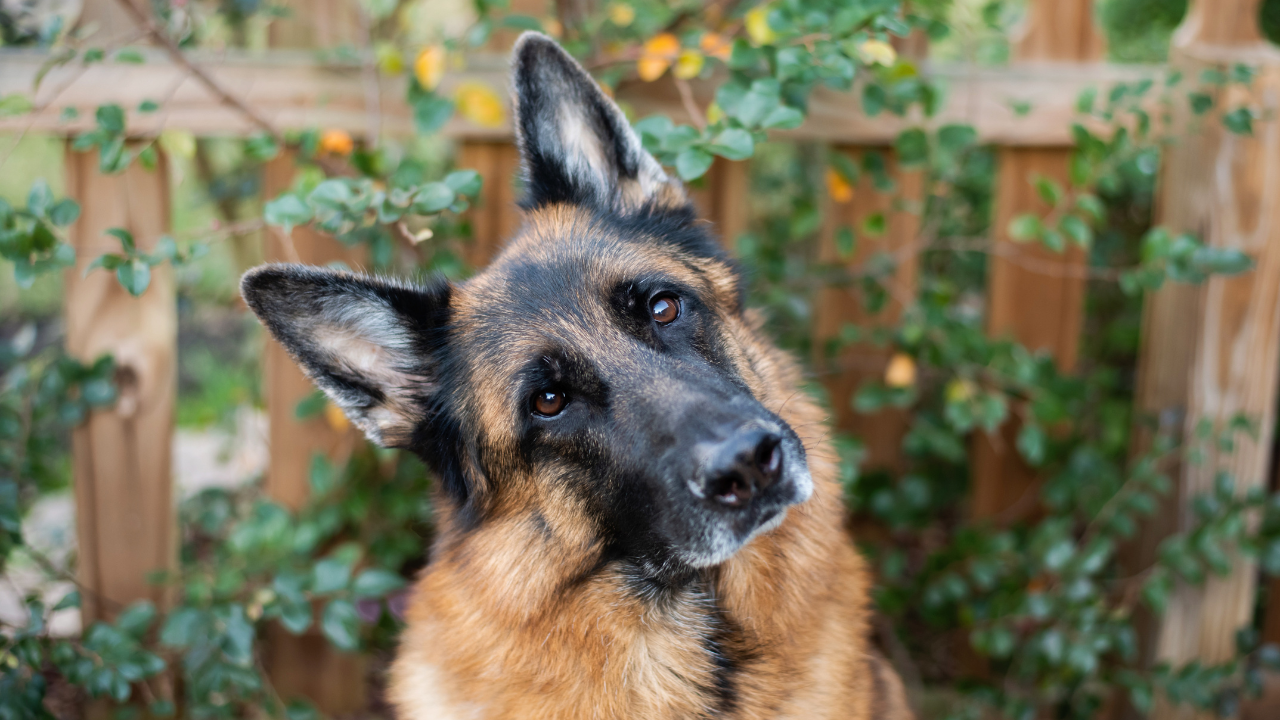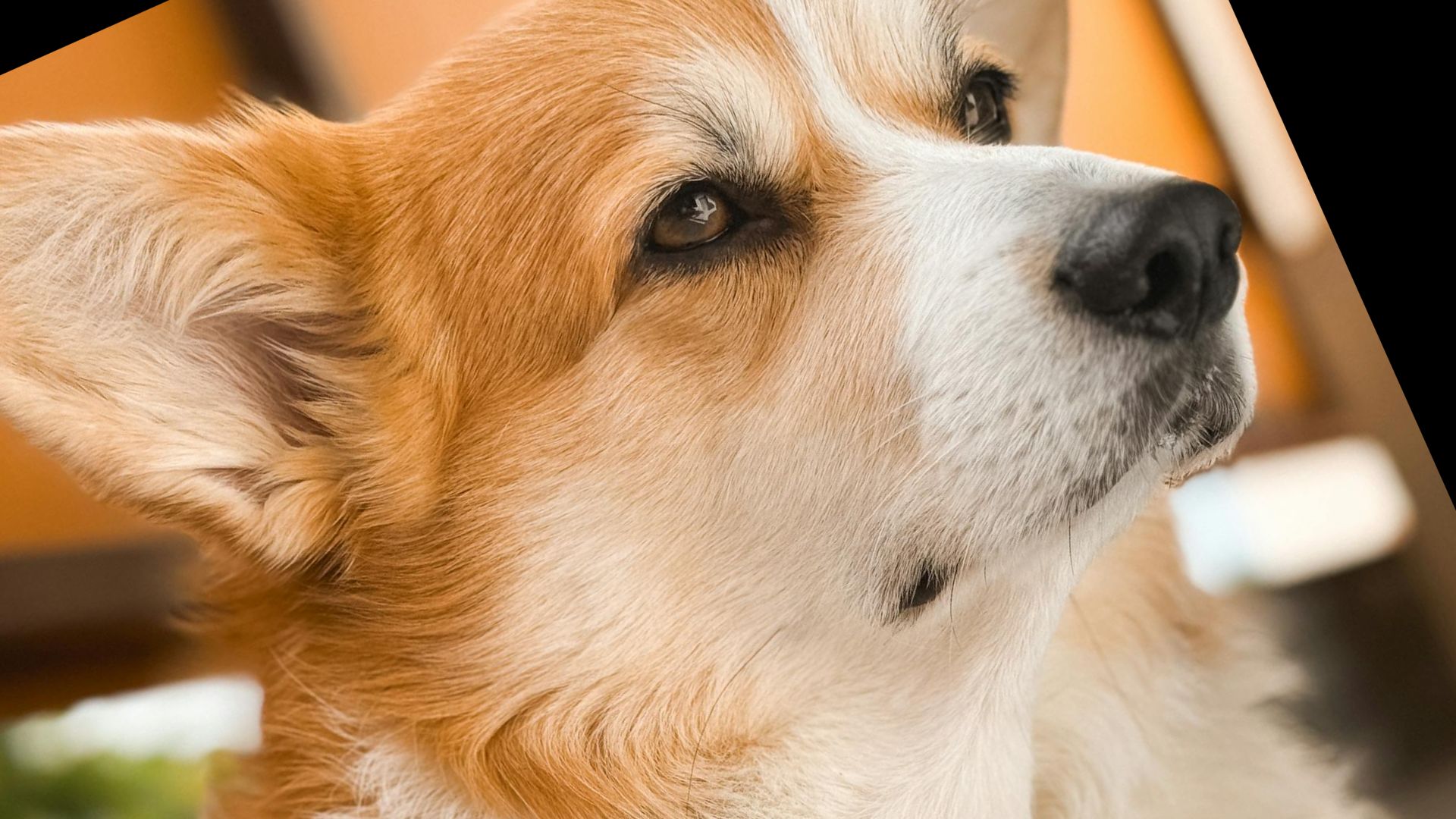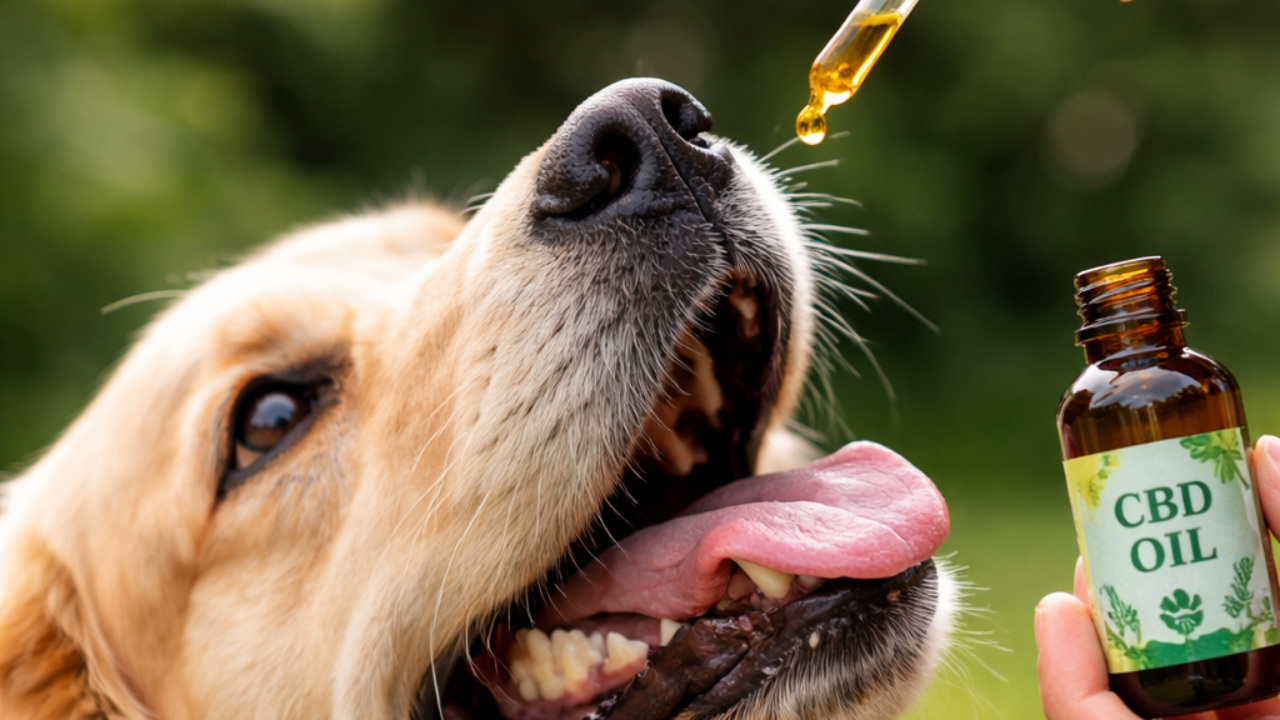The Keto Diet for Dogs with Cancer
May 15, 2025
The ketogenic diet for dogs with cancer is a nutritional approach designed to support the overall health and well-being of dogs diagnosed with cancer. It is a high-fat, low-carbohydrate, and moderate-protein diet that aims to alter the body's metabolism to rely primarily on fat for energy instead of carbohydrates. This dietary shift induces a metabolic state called ketosis, where the body produces ketone bodies as an energy source.
Why Use the Keto Diet for Dogs with Cancer?
Dogs with cancer can benefit from a ketogenic diet. This is because many cancer cells exhibit the Warburg effect. These cells like to use glucose for energy, even when oxygen is present, for better energy production.
The ketogenic diet aims to starve cancer cells by cutting down on carbohydrates, which are their main source of fuel. This could help slow the growth and spread of cancer cells.
The Types of Cancer the Canine Ketogenic Diet Helps Most
According to research, keto for dogs has been most helpful with the following cancer types:
- Brain cancer: Glioblastoma and neuroblastoma
- Pancreatic
- Colon
- Mammary
- Liver
- Lung
- Stomach
There is still a lack of research around renal (kidney) cancer in dogs and the dog keto diet, but until more has been completed, many professionals advise against it. Studies on rats with renal cancer found keto worsens this cancer type. Patients with kidney cancer actually saw an increase in cancer growth with the ketogenic diet for cancer in dogs.

Benefits of a Keto Diet for Dogs with Cancer
Some potential benefits of a ketogenic diet for dogs with cancer include:
Affecting the Metabolism of Cancer Cells
By reducing glucose availability, the ketogenic diet may help to inhibit cancer cells' growth and proliferation.
Working as an Anti-Inflammatory
The ketogenic diet has been shown to have anti-inflammatory properties, which could be beneficial in managing cancer-related inflammation.
Improving the Immune System
The keto diet for dogs may improve immune function, helping their bodies fight cancer cells.
Boosting Energy Levels
Ketones are an efficient fuel source, and a ketogenic diet may help maintain a dog's energy levels despite the metabolic demands of cancer.
Creating a Keto Diet for Dogs with Cancer
Creating a ketogenic diet for dogs with cancer requires careful planning and consideration of your dog's unique nutritional needs. Consulting a veterinarian or a veterinary nutritionist is essential to ensuring your dog's health and safety. Here's a step-by-step guide on how to create a keto diet for your dog with cancer:
Reach Out to a Professional
Reach out to a veterinarian or veterinary nutritionist who has experience with ketogenic diets and canine cancer. They can help you understand your dog's specific needs, recommend appropriate food choices, and provide guidance on portion sizes and feeding frequency.
Figure Out the Ketogenic Ratio
A typical ketogenic diet for dogs consists of high fat (around 60–80% of calories), low carbohydrates (less than 10% of calories), and moderate protein (20–30% of calories). The exact ratios will depend on your dog's individual needs, activity level, and the type of cancer they have.
Make a Long Term Diet Consisting of High-Quality Ingredients
Focus on high-quality, natural, and minimally processed ingredients to ensure your dog receives the necessary nutrients. Select a variety of protein sources (e.g., chicken, beef, fish, or eggs), healthy fats (e.g., coconut oil, fish oil, or flaxseed oil), and low-carb vegetables (e.g., leafy greens, broccoli, or green beans).
Pick the Right Supplements
Some dogs may require additional supplements to ensure they receive essential nutrients that may be lacking in a ketogenic diet. Common supplements include calcium, omega-3 fatty acids (like those found in full-spectrum CBD oil), and certain vitamins and minerals.
Consult your veterinarian or veterinary nutritionist for guidance on which supplements your dog may need.
Keep an Eye on Weight Loss and Blood Glucose Levels
Regularly monitor your dog's weight, energy levels, and overall health while on the ketogenic diet. This will help you identify any potential issues and make necessary adjustments to the diet or feeding schedule. Your veterinarian can also perform blood tests to assess your dog's response to the diet and ensure they remain in a healthy state of ketosis.
Keep Track of Your Dog's Progress
Document your dog's condition, appetite, energy levels, and any changes in their cancer symptoms while following the ketogenic diet. This information can be helpful for your veterinarian to make informed decisions about your dog's treatment plan and to adjust the diet as needed.
KetoPet Sanctuary provides dogs with cancer a ketogenic diet with tremendous results.
Remember, every dog is unique, and their response to a ketogenic diet can vary. Always work closely with a veterinary professional to ensure your dog's safety and well-being.
KetoPet Sanctuary provides dogs with cancer a ketogenic diet with tremendous results.
Consult with a Veterinary Nutritionist
If you're considering a ketogenic diet for your dog with cancer, it's crucial to consult with a veterinarian or a veterinary nutritionist. They can help you design an appropriate diet plan tailored to your dog's specific needs and monitor your pet's health throughout the process.
It's also important to note that the effectiveness of a ketogenic diet for dogs with cancer remains a topic of ongoing research. While some studies and anecdotal evidence suggest that it may have potential benefits, more research is needed to establish definitive conclusions.
For further reading, we recommend:
Long-term High Fat Ketogenic Diet Promotes Renal Tumor Growth in a Rat Model of Tuberous Sclerosis
Ketogenic diet in cancer therapy - PMC
Ketogenic diets as an adjuvant cancer therapy: History and potential mechanism - PMC
A randomised trial of a medium-chain TAG diet as treatment for dogs with idiopathic epilepsy - PMC
Caloric restriction and cancer: molecular mechanisms and clinical implications
Become a Dog Cancer Coach.
Transform your passion for dogs into a meaningful, heart-led career with our Holistic Dog Cancer Coach Certification—an in-depth, flexible online program designed for compassionate caregivers ready to make a difference.
Stay connected with news and updates!
Join our mailing list to receive the latest news and updates from our team.
Don't worry, your information will not be shared.
We hate SPAM. We will never sell your information, for any reason.





